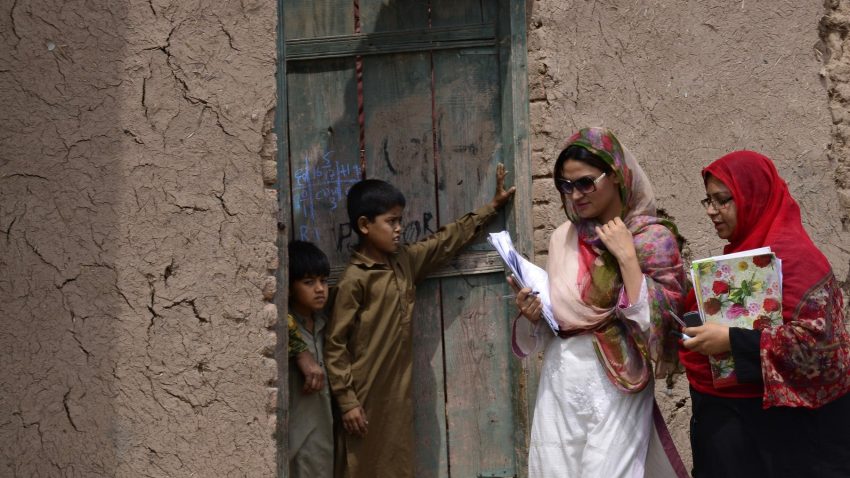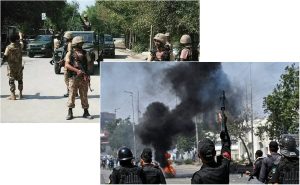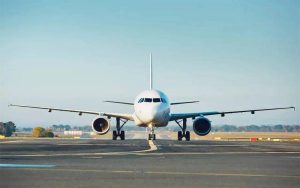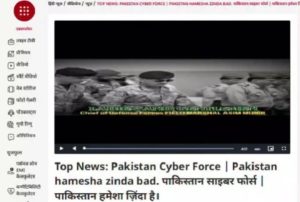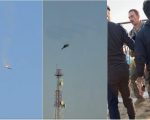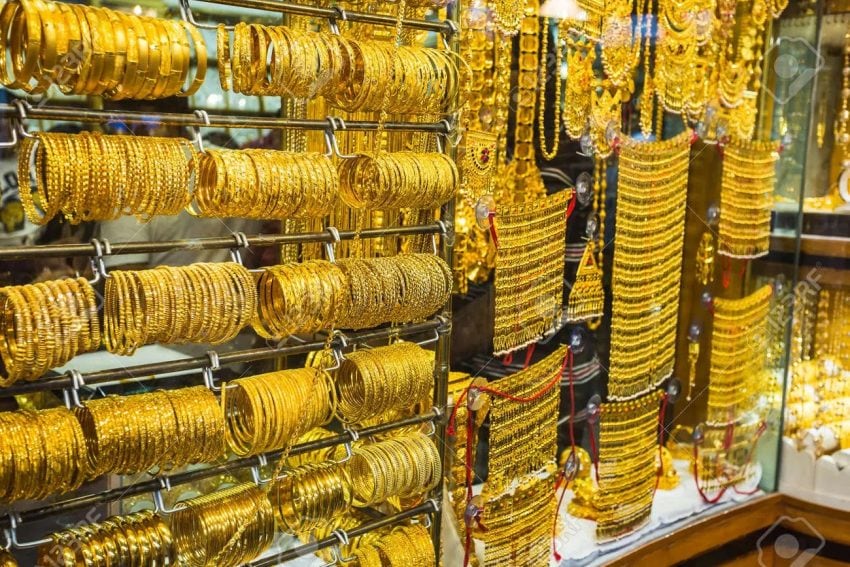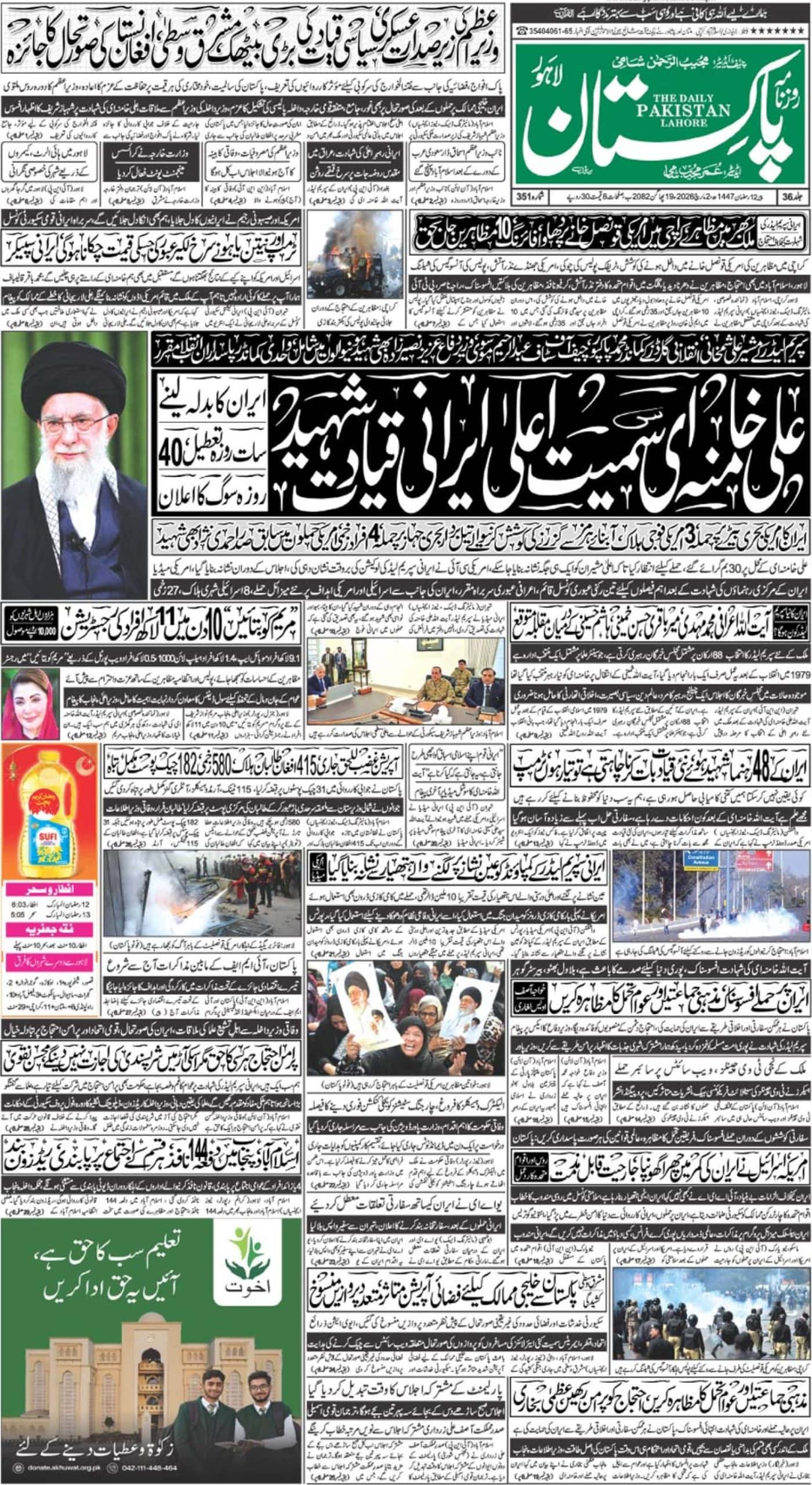Pakistan has been ranked at the very bottom—148th out of 148 countries—in the World Economic Forum’s Global Gender Gap Report 2025, scoring just 56.7% in gender parity. This marks its lowest position and worst performance since the index began in 2006.
The report evaluates countries across four key areas: economic participation and opportunity, educational attainment, health and survival, and political empowerment. Pakistan experienced setbacks in both economic and political representation. Notably, women’s representation in ministerial positions dropped to zero this year, and economic inequality widened with increased income and wage gaps.
There was a modest improvement in educational parity, rising to 85.1%, driven by a slight increase in female literacy (from 46.5% to 48.5%) and a decrease in male tertiary education enrollment, which contributed to a relative gender balance in education, though not an overall rise in access.
On a global scale, the gender gap now averages 68.8%, with Iceland maintaining its top position for the 16th consecutive year at 92.6% parity. Despite gradual progress, the report warns that at the current rate, it will take an estimated 123 years to achieve full gender parity worldwide.
The findings highlight the urgent need for Pakistan to address systemic gender inequalities and ensure greater inclusion of women in leadership, education, and the workforce to accelerate national and social development.

